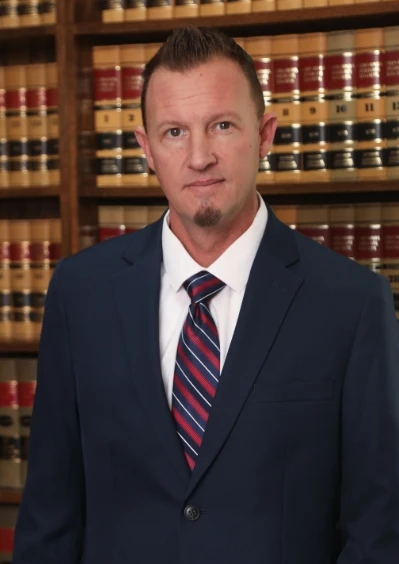Lying During a Riverside Divorce
 Lies can end marriages, but they may also continue into divorce. If you are attempting to gain a strategic advantage during your own divorce in Riverside, you might be wondering whether to stretch the truth. What exactly is a lie? What are the potential penalties for lying during divorce? Is it worth the risk?
Lies can end marriages, but they may also continue into divorce. If you are attempting to gain a strategic advantage during your own divorce in Riverside, you might be wondering whether to stretch the truth. What exactly is a lie? What are the potential penalties for lying during divorce? Is it worth the risk?
If you are unsure if something is or isn’t a lie in your divorce, then you might want to ask in a confidential setting such as an initial consultation at a divorce law firm in Riverside. You can discuss your situation in more detail and confidentially alongside experienced Riverside divorce lawyers at Knez Law Group, LLP. Attorneys like Andrew J. Knez have helped spouses navigate some of the most difficult decisions during divorce – and these divorce attorneys can provide similar guidance to you.
Is It Illegal to Lie During a Divorce in California?
Absolutely. A divorce is an equitable action, and false statements made under penalty of perjury are a violation of law. While it is rare that anyone gets prosecuted for perjury in a family law proceeding, it can irreparably damage someone’s credibility in a divorce and child custody proceeding. Additionally, you could be held in contempt of court which comes with either jail time or monetary sanctions.
You Owe Your Spouse a “Fiduciary Duty”
Lies about financial matters may be particularly problematic during divorce in California. This is because spouses owe each other a “fiduciary duty.” In other words, they have a legal duty to be honest with each other about their finances. If you lie to your spouse about these financial matters, you may face various civil penalties.
Lying may include concealing material information from your spouse. An obvious example is the concealment of assets. Perhaps you have a safety deposit box filled with cash. When your ex asks you about this, you might claim that the money never existed. If a forensic accountant later discovers the location of this cash, this would be considered a breach of fiduciary duty. As a result, you may face monetary sanctions. You may also be forced to pay your ex’s legal fees.
Avoid Lying to Your Kids About the Divorce
You should also avoid lying to your kids about the divorce. If you try to paint your ex as the villain in this scenario, there may be serious consequences. California courts see this as a form of “parental alienation,” and it could lead to a less favorable custody outcome. As a result, you might spend less time with your child after the divorce. You should also avoid “rants” on social media, as these can have a similar effect – especially when they are not factual.
Can a Riverside Divorce Law Firm Help Me?
At the end of the day, lying is probably a bad idea during divorce. While it may be possible to remain silent on a few issues, misrepresentation can destroy the family court’s trust in you. It may also lead to various penalties – both in the context of property division and child custody. To learn more about the next steps, consider speaking with the experienced divorce lawyers at Knez Law Group, LLP. Dial 951-742-7681 today to speak with our divorce attorneys in Riverside.

Matthew J. Knez graduated from the University of Redlands in California with a Bachelor of Arts degree in Creative Writing. He then pursued his law degree at the University of La Verne College of Law in Ontario, California, where he earned various awards, including the CALI Award in Torts, and was on the Dean’s List. During his time in law school, Mr. Knez was a member of the Justice and Immigration Clinic, working with individuals seeking asylum in the United States from countries where they faced persecution or threats of persecution. Additionally, he was an Associate Editor for the Law Review and published an article on California family custody move-away cases. Learn more here.
